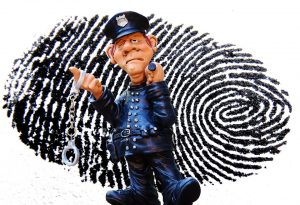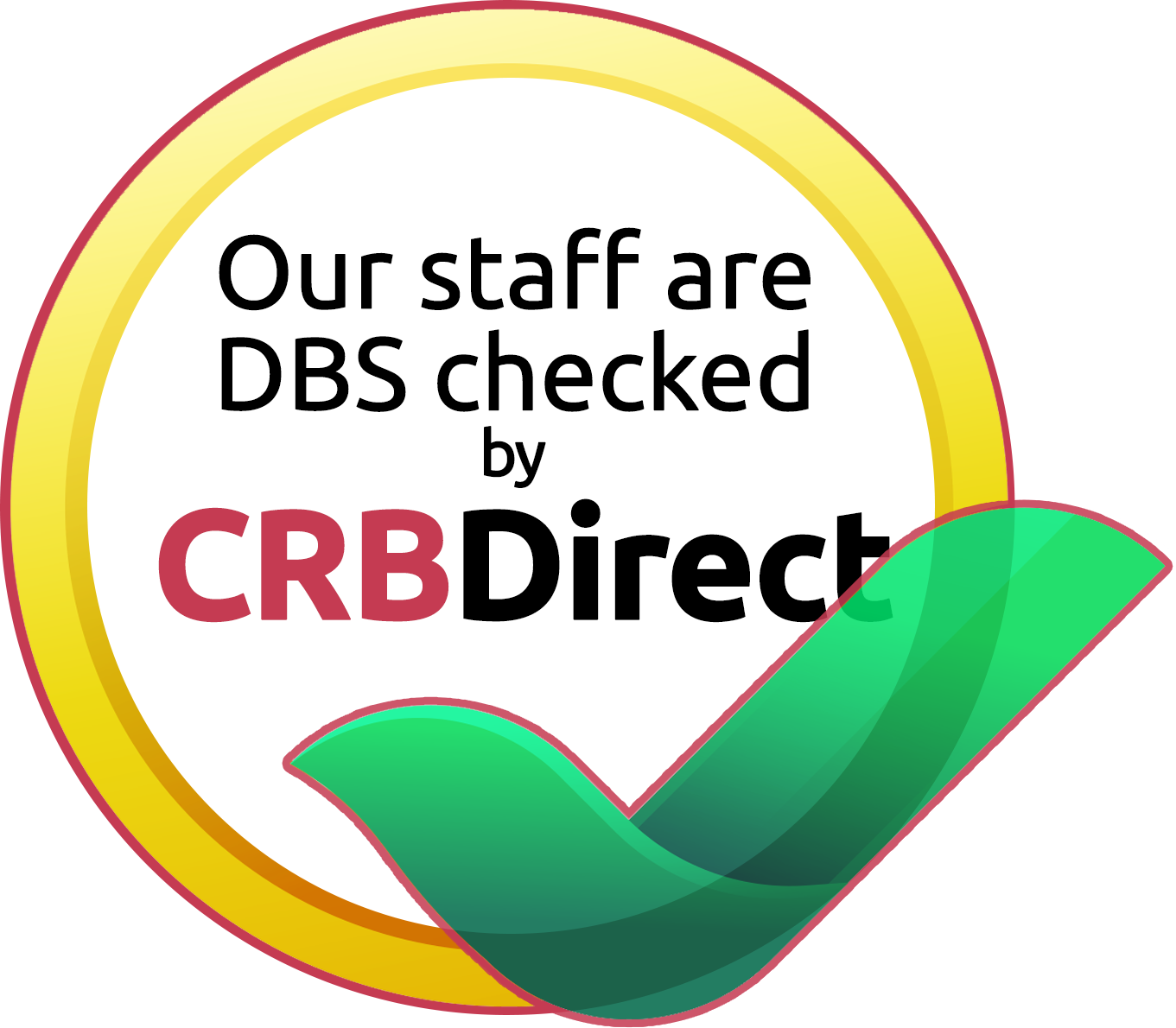Ever wondered what sort of information the Police hold about you? If you’ve never had a brush with the law, then it’s entirely possible that they don’t have any information about you at all. But if you’ve ever been arrested or questioned, even if you were entirely innocent, is that information still on record? There are many different ways to check your criminal record. In most cases, you are free to check whenever you wish.
Criminal Record and Subject Access Requests
 Under data protection laws, we all have the right to ask to see the information the police hold about us on computer. This is called a subject access request. In England, Wales and Northern Ireland, apply through ACRO. In Scotland, make your subject access request to Police Scotland. There are a few points to note about this process. Firstly both ACRO and Police Scotland processes these checks free of charge. Fill in the application form online. You’ll also have to scan and upload documents which prove your identity and address. This step is essential to stop people getting access to records which don’t belong to them.
Under data protection laws, we all have the right to ask to see the information the police hold about us on computer. This is called a subject access request. In England, Wales and Northern Ireland, apply through ACRO. In Scotland, make your subject access request to Police Scotland. There are a few points to note about this process. Firstly both ACRO and Police Scotland processes these checks free of charge. Fill in the application form online. You’ll also have to scan and upload documents which prove your identity and address. This step is essential to stop people getting access to records which don’t belong to them.
This sort of check is purely for your information. You won’t receive a certificate as proof of good character, and it isn’t a substitute for a DBS check. If you wish to see information about witness statements or interview notes, contact your local Police Force rather than ACRO. You can also request records from the Court Service, and CPS. The police also don’t have to divulge everything they have on you. This is especially the case if they’re currently investigating a crime, or if you’re listed as an “associate” of a known criminal.
Apply for a DBS Check
Another way of finding out what information is held about you is to apply for a DBS check. These are the types of checks which people most commonly have when taking a new job. There is only one drawback to this strategy. Individuals can only apply for a basic disclosure check. A basic DBS check only shows unspent convictions and cautions. If you have very old convictions in your distant past, these will often be filtered out under rehabilitation law. So it’s not a sure fire way of finding out everything on your record.
So could applying for a more detailed DBS check be the answer? Unfortunately not. Individuals cannot apply for standard or enhanced DBS checks. These more detailed checks have to come from an employer, or voluntary body. Standard and enhanced certificates do often have more detail than the basic checks. However, the principle of filtering out old convictions which aren’t relevant to the job still applies. So you can’t assume that an enhanced DBS certificate is a full and complete reflection of your criminal record either.
Certificate of Good Character
The final method is to ask ACRO for a police certificate. This is the sort of certificate you’ll need if you’re planning to emigrate, or take a job overseas. Unlike the subject access request, there is a charge for this service.
